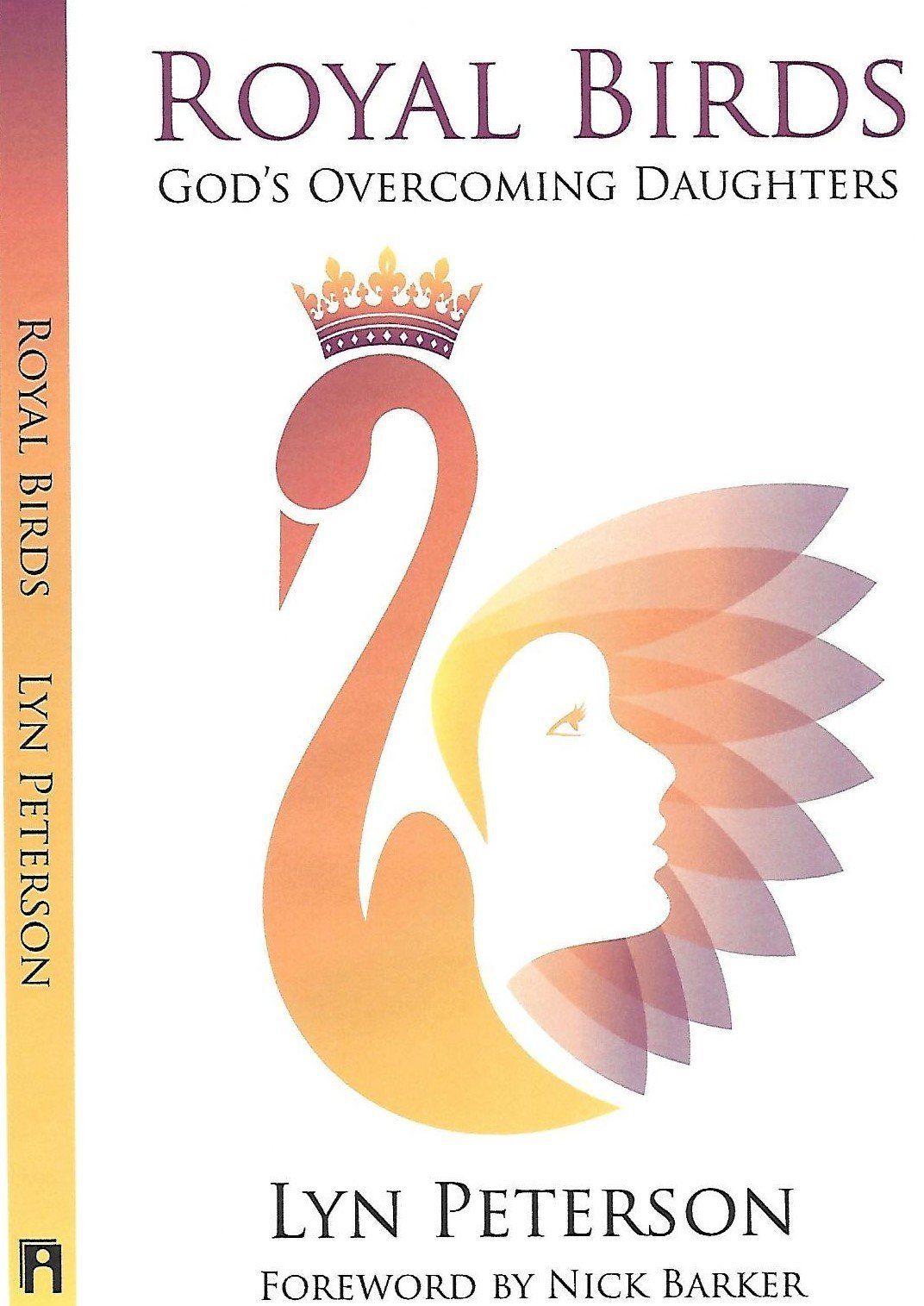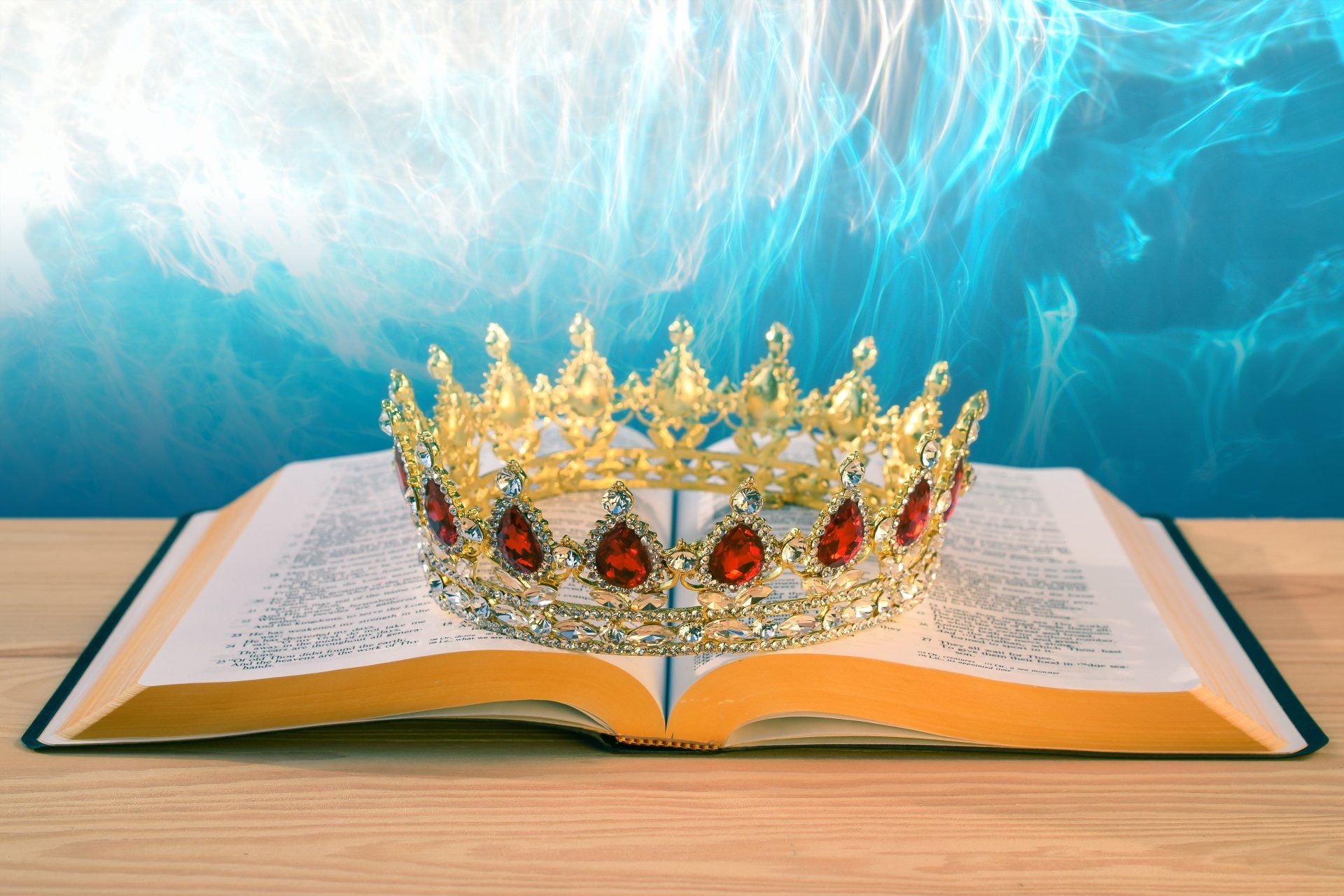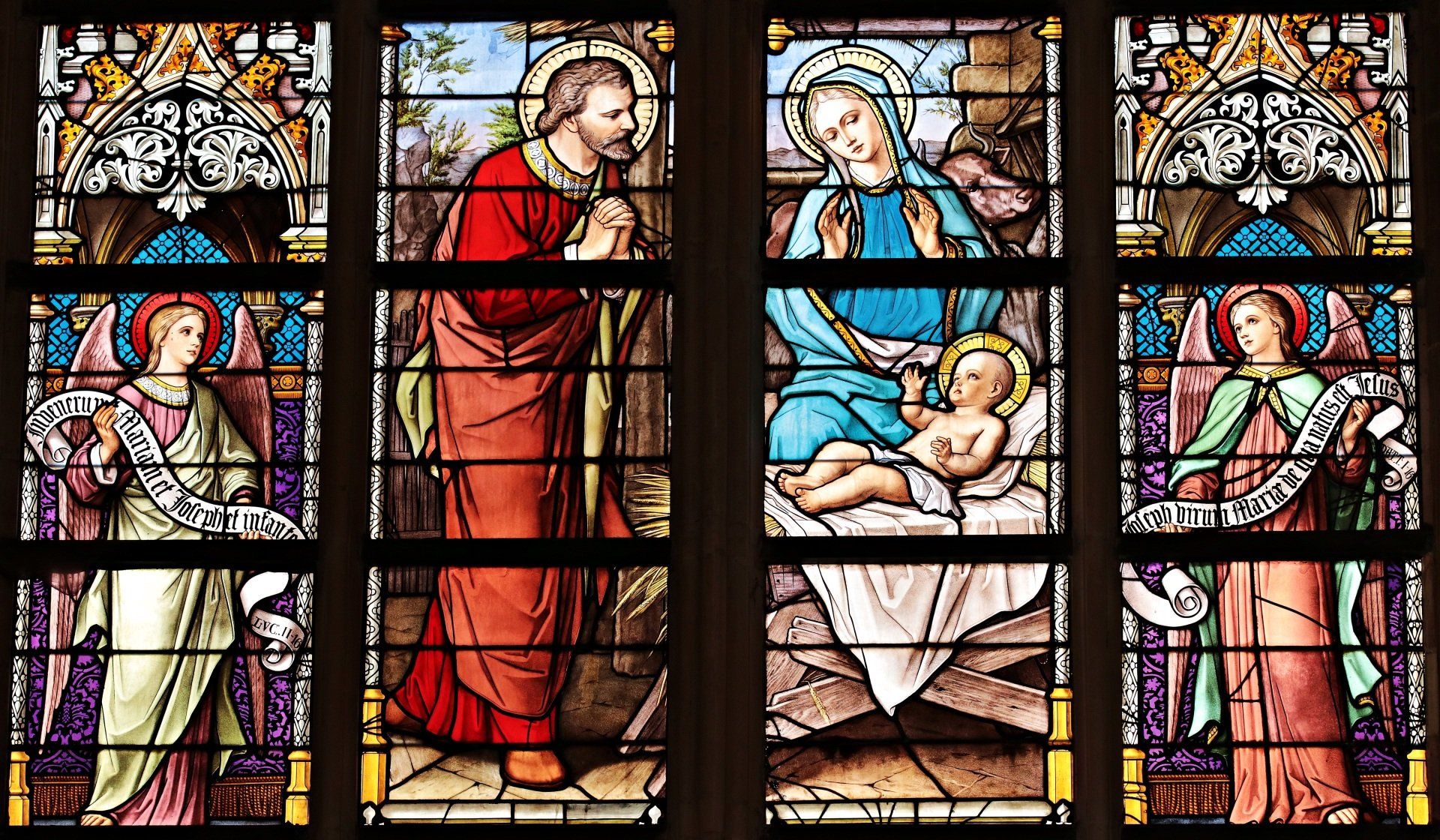Welcome, beloved sons and daughters of the King!
Pray, Love, Heal
Prayer, the spiritual journey, and mental health as it relates to the Christian faith
Identity in Christ
The truth that every Christian needs to know
Mary and the Saints
understanding the Marian doctrines and how they relate to the Bible, plus more on the saints
Coming Home
my story and more about coming home to the holy Catholic church
Who is Mary? Why the Blessed Mother is no ordinary saint
Mary isn’t just a random woman chosen to be the Mother of God, but a unique, one-off creation as part of God’s master plan of salvation. She was especially equipped for her pivotal role by a special gift of heavenly grace and redeemed from the moment of her conception. This “entirely unique holiness” (according to the church) is a privilege bestowed by God and based purely on the merits of Jesus Christ (she didn’t do anything to earn this, nor could she).
The Bible confirms this special grace when the archangel Gabriel greets Mary at the Annunciation: “Hail, full of grace, the Lord is with you” (Luke 1:28). The original Greek writing by Luke conveys a sense of Mary having already been graced and filled with divine life. She was so overflowing with grace that there was no room for sin in her soul.
Why did God make a special case for Mary?
Because Jesus had no human father, he only had one human parent, Mary. She gave him his human nature, and he already possessed a divine nature. But in order that Jesus would have an untainted human nature, free from the sin of Adam and Eve, Mary had to be kept free from original sin also. She couldn’t do this on her own as she was a mere mortal and needed a Saviour like the rest of humanity.

So, God allowed Mary to receive the saving grace of Christ ahead of time. She was given the benefits of salvation from the moment of her own conception. God retroactively applied the redemptive work of the cross to his own mother. This was possible because he exists outside of time and space.
It’s not as crazy as it sounds. If the victory of Jesus on the cross 2000 years ago can be carried forward and applied to us today, it makes sense that God can extend this grace in the other direction and go back a few decades to apply it to Mary at the moment of her conception. This backwards-travelling grace was a one-off gift which sets Mary apart from all of the other saints in history.
And really, it’s no more unbelievable than the virgin birth itself when you reflect on it.
Many people are not aware that the most prominent Protestant reformer, Martin Luther, supported this doctrine of the Immaculate Conception, even after he was excommunicated from the Catholic Church.
He said: “It is a sweet and pious belief that the infusion of Mary’s soul was effected without original sin; so that in the very infusion of her soul she was also purified from original sin and adorned with God’s gifts, receiving a pure soul infused by God; thus, from the first moment she began to live she was free from all sin.”
And while he quite rightly warned that Mary should not be treated as a saviour, he encouraged devotion to the Blessed Mother and prayer for her intercession on our behalf.
Mary is Theotokos, the Mother of God (God Bearer).
Mary isn’t just the Mother of Christ; she is also the Mother of God. Why do we believe this?
It is evident that as a human being, Mary cannot be the origin of a divine person. But Mary is the mother of Jesus and he drew his material existence from her, flesh of her flesh and bone of her bone. The church has ruled that Jesus was not only fully God, but also fully man. Jesus was not simply God appearing to be a man, like some kind of deity in disguise. He had a human body and a human soul; he felt things in exactly the same way as any other man and he truly experienced life as a human being. He truly felt sorrow when he wept, and he felt real agony and abandonment at the cross.
It is a heresy to argue that you can separate Jesus’ divine nature from his human nature. He was one divine person, both God and Man, and Mary gave birth to this one, single person who was both God and man. Therefore, Mary was the mother of God. This matter was settled doctrinally in the year 431 A.D. at the Ecumenical Council of Ephesus and is accepted by the Anglican Church as well as the Catholic Church.







